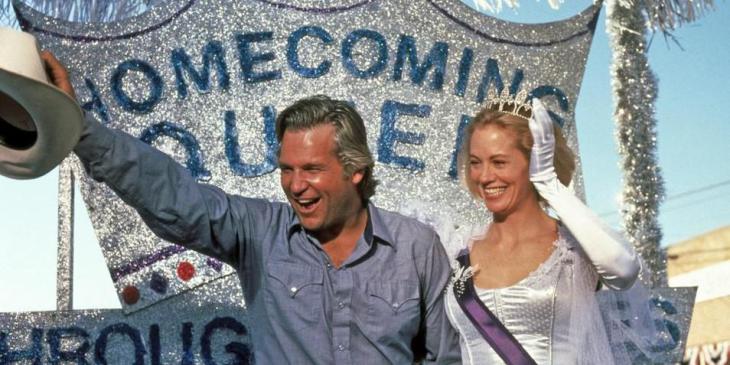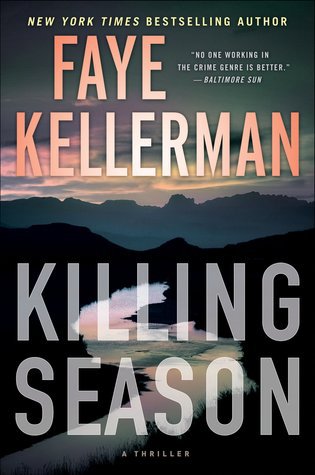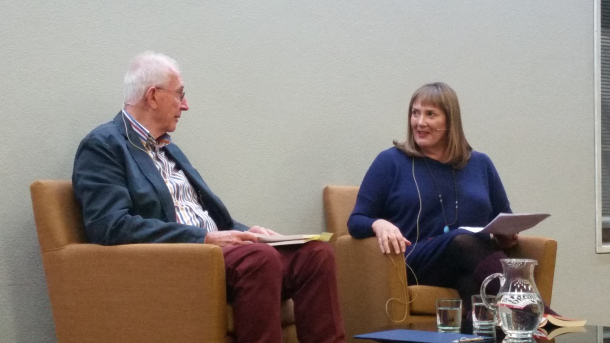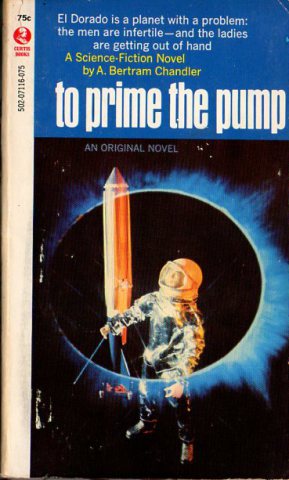
Peter Bogdanovich’s Texasville played at midnight last night on the MGMHD channel. I’ve been wanting to see this again since the VCR years, so I’m glad I ran across the listing. It was worth staying up for. Texasville got hammered at the time of its release, probably because this sequel is so tonally different from its predecessor, The Last Picture Show. But any fan of its source material, Larry McMurtry’s novel, recognizes how well Bogdanovich captured the book’s domestic anarchy. McMurtry is a master of writing spirited women who cope with the damaged men they love. Texasville fits into the vein of his serio-comic novels such as The Desert Rose and Loop Group. Annie Potts, as Duane Jackson’s suffering wife Karla, and Cybill Shepherd, as Duane’s ex-high school love Jacy Farrow, give fascinating, multi-layered performances: They’re smart and funny and sexy. They blow every other performer off the screen, even Jeff Bridges, who never quite makes us believe his depressed Duane. Dealing with their own deep vein of sorrow, Shepherd and Potts bond, cajole and commiserate with each other, slinging delightful Southernisms across the screen. They’re a sassy throwback to classic women’s roles of the ’30s and ’40s.

The film has its weaknesses. It is burdened by a dated ’80s soundtrack so chock full of hits, from Willie Nelson to Bruce Springsteen, that getting the release rights is probably what keeps this film out of circulation. It is burdened by being shot in color rather than black and white, which might have given it a less time-trapped feel, and emphasized the serio side of the serio-comic equation, especially Timothy Bottoms’ performance as lost Sam Crawford. Eileen Brennan, Randy Quaid and Cloris Leachman reprise their former roles, but here they are sketch characters, pale variations on the ones they played in The Last Picture Show. And Bogdanovich shoots the film in an odd, almost TV-style format, rarely giving us something to linger across like the beautiful widescreen vistas of The Last Picture Show. (One exception: A Ford-like shot of Duane walking across a lakefront.) Bogdanovich seems at times to be taking cues from the Orson Welles Stylebook, shooting faces in extreme closeup with other faces in the background as relief. It’s a surreal choice for this material.

Still, Texasville has lovely grace notes (especially a dust-choked road trip by Bridges and Shepherd to Odessa, Texas) and sweet comic performances. And it often gets to the meat of McMurtry’s novel of aging, domestic chaos, personal loss and the dead-end economic devastation of the mid-’80s. It captures the lived-in spirit of a small town, where the Dairy Queen is the meet-up spot and everybody knows your business and especially who you’re sleeping with. Shepherd and Potts’ characters are so good you wish they could escape this movie and take off on their own Thelma and Louise-style adventures. But for every bumpy part of the film — and it has its share of potholes — there’s a setpiece of enjoyable screwball farce, such as a big egg-throwing battle at the town’s centennial party. This would make a nice double bill with Honeysuckle Rose, which also ably limns rural Lone Star life. Texasville is imperfectly perfect, and worth running down the next time it airs in the middle of the night.






